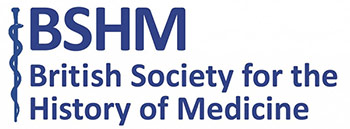Manhandling the Brain: Psychiatric Neurosurgery in the Mid-20th Century is an art/historical installation made by Ken Barrett, a Fellow of the Royal Society of Medicine.
It explores the human cost of leucotomy, a surgical intervention used to modify unwanted behaviours and emotion. It was especially welcomed in large overcrowded state mental hospitals, institutions where care standards were often poor. Just how poor was revealed in a shocking Life magazine article published in 1946.
Manhandling the Brain is currently on display in the exhibition case at the entrance to the RSM Library until the end of December 2016.
Robert Greenwood
Heritage Officer
The Royal Society of Medicine Library
1 Wimpole Street
LONDON W1G 0AE




